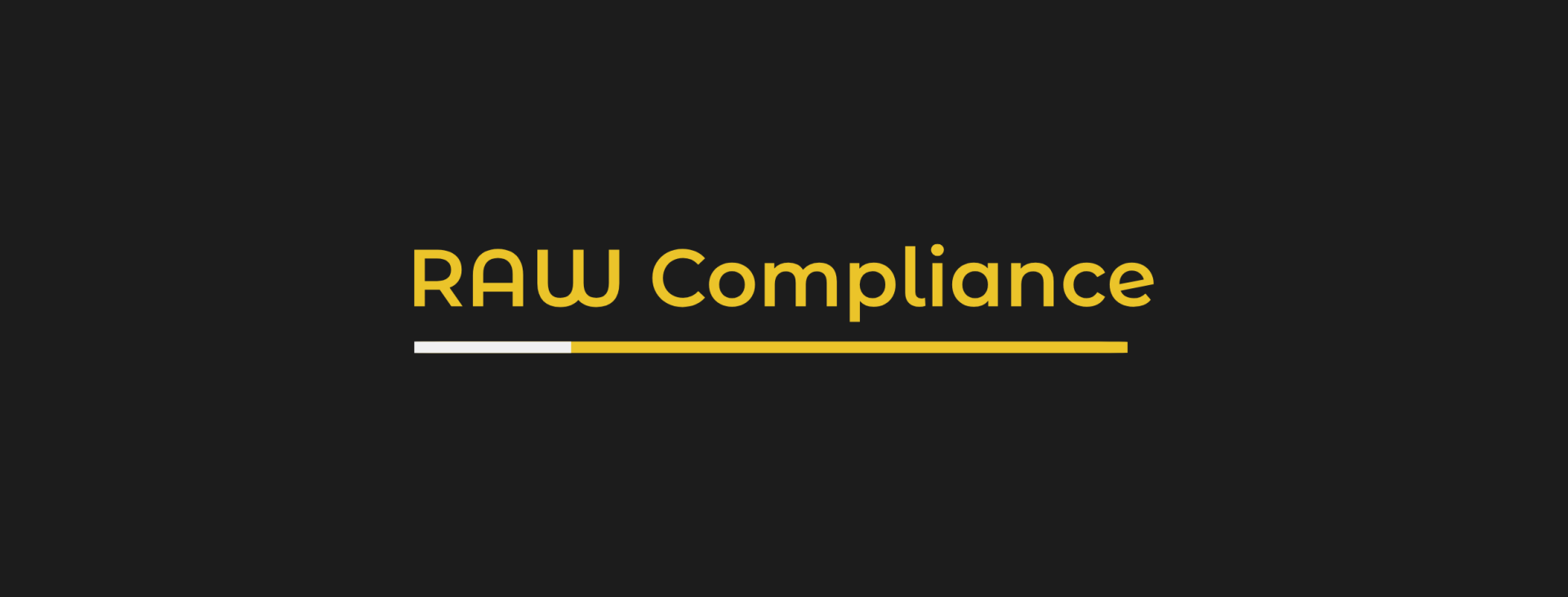previous webinar | Watch Now
Sanctions: Dark Activity and Maritime Monitoring
Sometimes ships will go dark, meaning those signals are no longer being broadcasted or detected. That can happen inadvertently, for instance in congested waters or due to an electrical outage, but can also be an indicator that the vessel is carrying out some kind of illicit activity and need their movements to go undetected.
With around 90% of global trade believed to involve seaborne transportation, OFAC says it is "critical" firms increase the level of due diligence carried out across their entire maritime supply chains to minimise the risk of exposure to illicit activity. However Trade Finance alone generates vast numbers of documents that need to be scanned, investigated and screened for potential red flags.
How can we solve this?
With around 90% of global trade believed to involve seaborne transportation, OFAC says it is "critical" firms increase the level of due diligence carried out across their entire maritime supply chains to minimise the risk of exposure to illicit activity. However Trade Finance alone generates vast numbers of documents that need to be scanned, investigated and screened for potential red flags.
How can we solve this?
Format
Online
Course
Webinar Date
2021
CPD Points
1
Price
Free
What you are going to learn
A few more words about this course
OFAC identifies several activities that could be indicative of illicit activity, such as:
- ship-to-ship transfers – where cargo is moved from one vessel to another at sea, a technique it says is "frequently used to evade sanctions"
- voyage irregularities, tampering with vessel identification measures, and
- manipulating location transmissions.
In addition to the above we also need to consider matters such as multiple flag usage and identifying sanctioned owners in complex networks. As such our monitoring needs to be utilising the best shipping data available for the identification of ship movement, ownership, registration and location.
What can we do?
The requirements are clear - we are expected to go beyond simply checking that vessels or their owners are not on sanction registers, and remain vigilant and proactive to keep pace – but it's not an easy task.
The questions we now ask are:
- Whether existing systems and screening we are using provides the level of detail we need?
- How well do we understand ship's movements, its history, trading patterns and reporting, and identify potential ship-to-ship transfers in high risk locations?
- Is tracking vessels enough?
- How are we conducting due diligence on our clients and who they do business with?
- How are we reviewing shipping documentation?
Speakers
Write your awesome label here.
Omer Eilat
Commercial Director of Windward
Write your awesome label here.
Arne Graeber
Head of Trade Finance Operations Asia & Middle East at Commerzbank AG
Write your awesome label here.
Kelvin Toh
Head of Sanctions and Transaction Monitoring at HSBC
Write your awesome label here.
Oonagh van den Berg
CEO & Founder of RAW Compliance & Virtual Risk Solutions
Partners
“I took the Sanctions: Dark Activity and Maritime Monitoring webinar through RAW Compliance and it was genuinely one of the most insightful training webinars I have attended. The speakers provided real life practical and thought provoking examples to give listeners an actual example of how to conduct checks and what to look out for. Aside this, Oonagh was a fantastic host and is a great support.”
SENIOR ASSOCIATE - LEADING FINANCIAL CRIME SPECIALIST
